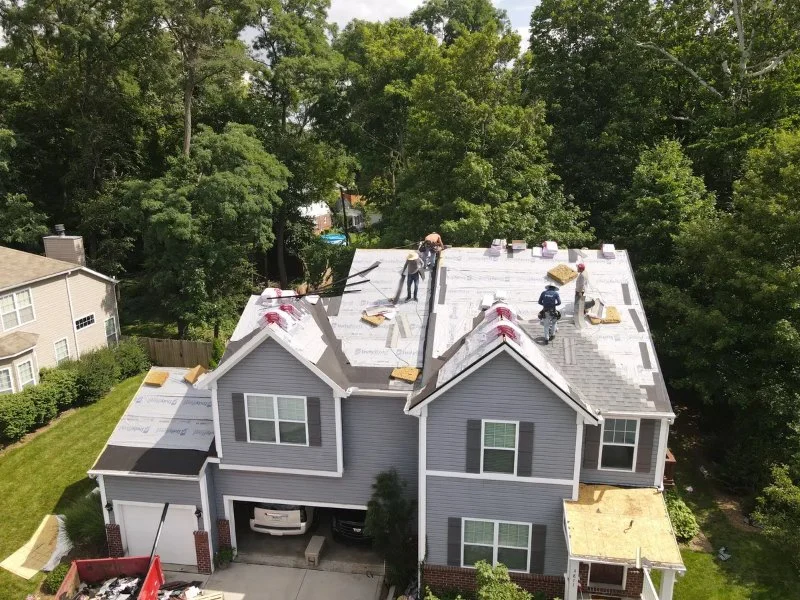
- average-roof-replacement-cost-in-canada-2025
- factors-that-affect-roofing-costs
- popular-roofing-materials-and-prices
- labour-and-installation-rates-in-different-provinces
- case-study-a-pickering-homeowner-s-experience
- ways-to-save-on-roofing-costs-in-2025
- why-choose-pickering-roofing
1. Average Roof Replacement Cost in Canada (2025)
As of 2025, the average cost of installing a new roof in Canada ranges between CAD $8,500 and $18,000. This depends on the size, type of material used, and geographic location. For an average-sized detached home (around 2,000 sq ft), homeowners should expect to pay roughly CAD $5.50 to $9.00 per square foot. These figures are consistent with rising material and labor costs across the country.
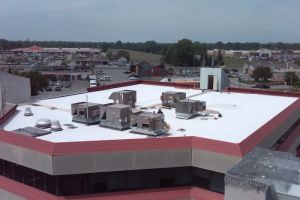
Horizon Roofing Ltd / horizon roofing
3735 Cabana Road E, Windsor, ON N8V 0A5, Canada
2. Factors That Affect Roofing Costs
The cost of a new roof isn’t just about shingles and nails. Several variables shape the final bill:
Size and Pitch: Larger and steeper roofs require more materials and specialized labour.
Material Type: Asphalt is cheaper than metal or slate, but doesn’t last as long.
Old Roof Removal: Tearing off old materials typically adds CAD $1,000–$3,000.
Permits & Waste Disposal: Municipal regulations and landfill fees also factor in.
Climate Considerations: Homes in areas like Ontario and British Columbia may need additional weatherproofing.
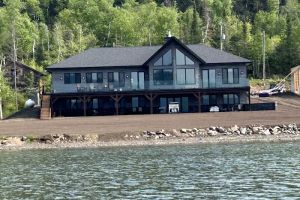
Strasser & Lang / strasser and lang
Thunder BayThunder Bay DistrictOntario
675 Harold Crescent, Thunder Bay, ON P7C 5H5, Canada
3. Popular Roofing Materials and Prices
Choosing the right roofing material affects both your budget and your home’s longevity. Here's a breakdown:
Asphalt Shingles: CAD $3.50–$5.50 per sq ft. Most common, lasts 15–20 years.
Metal Roofing: CAD $9.00–$15.00 per sq ft. Durable and energy-efficient, lasts 40–70 years.
Cedar Shakes: CAD $10.00–$16.00 per sq ft. Aesthetic appeal with moderate durability.
Clay or Concrete Tile: CAD $12.00–$22.00 per sq ft. Expensive but ideal for long-term performance.
Flat Roofing (TPO, EPDM): CAD $8.00–$12.00 per sq ft. Common in urban, low-slope roofs.
4. Labour and Installation Rates in Different Provinces
Labour accounts for 50–60% of the total roofing cost. Here’s how installation pricing compares across Canada:
Ontario: One of the highest, ranging between CAD $70–$120/hour.
British Columbia: Similar to Ontario due to high cost of living and material transport.
Alberta: Slightly cheaper—labour runs about CAD $60–$100/hour.
Quebec: Labour often comes in 10–15% lower than national average.
Atlantic Canada: Prices are moderate, but fewer contractors may affect availability.
5. Case Study: A Pickering Homeowner’s Experience
James, a homeowner in Pickering, Ontario, shared that his 2025 re-roofing project cost him CAD $14,700 for a 2,300 sq ft asphalt shingle job. He received three quotes and ultimately chose Pickering Roofing due to their transparency and warranty offer. He noted that while one quote was $1,200 cheaper, it lacked proper ventilation planning—which would have risked his attic insulation and reduced the roof’s lifespan. James said, “Paying a bit more upfront saved me thousands in the long run.”
6. Ways to Save on Roofing Costs in 2025
Roofing is a major investment, but there are smart ways to keep costs manageable:
Get Multiple Quotes: Compare at least three local providers for competitive pricing and warranties.
Choose Off-Peak Installation: Spring or early fall scheduling can sometimes reduce labor premiums.
Apply for Rebates: In some provinces, energy-efficient roofs qualify for government incentives.
Bundle Services: Some companies offer discounts if you also replace siding, gutters, or insulation.
7. Why Choose Pickering Roofing
When considering a new roof in Canada, partnering with a trusted provider like Pickering Roofing makes a significant difference. They offer detailed estimates, quality workmanship, and transparent warranties. With 2025's rising prices and evolving materials, their guidance helps homeowners make informed decisions without overpaying. Many clients appreciate their educational approach—explaining each stage of the process and providing realistic timelines.

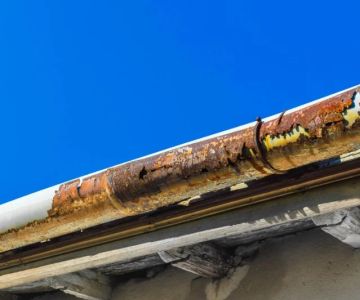
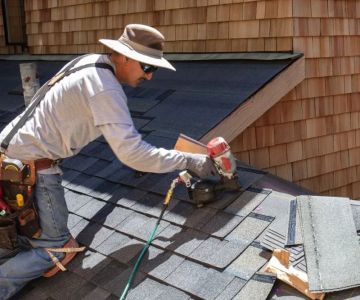
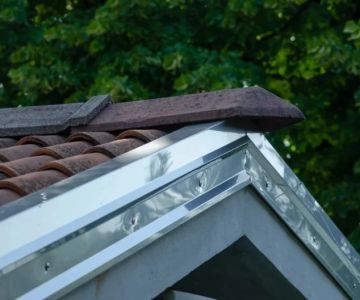
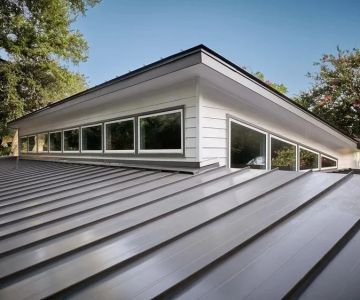
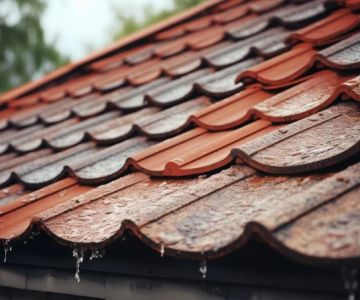
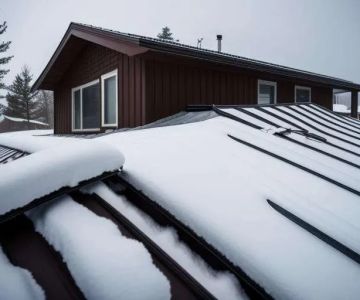
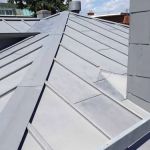 Toitures Prémont4.0 (3 reviews)
Toitures Prémont4.0 (3 reviews) Maritime Permanent Roofing4.0 (39 reviews)
Maritime Permanent Roofing4.0 (39 reviews) CLM Steel Roofing5.0 (47 reviews)
CLM Steel Roofing5.0 (47 reviews)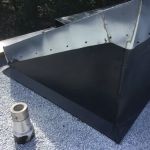 Toîtures Nord-Américaines4.0 (11 reviews)
Toîtures Nord-Américaines4.0 (11 reviews)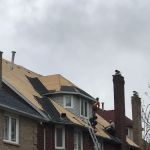 Built Roof4.0 (5 reviews)
Built Roof4.0 (5 reviews) Tough Roofing Vancouver4.0 (11 reviews)
Tough Roofing Vancouver4.0 (11 reviews)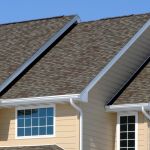 How Much Does a New Roof Cost in 2025? Canadian Roofing Price Guide
How Much Does a New Roof Cost in 2025? Canadian Roofing Price Guide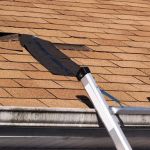 Top Signs Your Roof Has a Leak and What to Do About It in Canada
Top Signs Your Roof Has a Leak and What to Do About It in Canada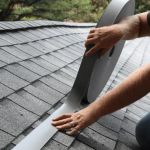 Can You Install a New Roof Over an Old One in Canada?
Can You Install a New Roof Over an Old One in Canada? The Top Questions to Ask Before Hiring a Roofer in Canada
The Top Questions to Ask Before Hiring a Roofer in Canada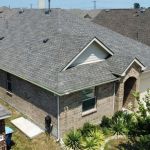 What Are the Most Common Roofing Scams and How to Avoid Them in Canada
What Are the Most Common Roofing Scams and How to Avoid Them in Canada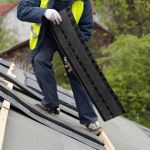 How to Prepare Your Home for a Roofing Project in Canada
How to Prepare Your Home for a Roofing Project in Canada